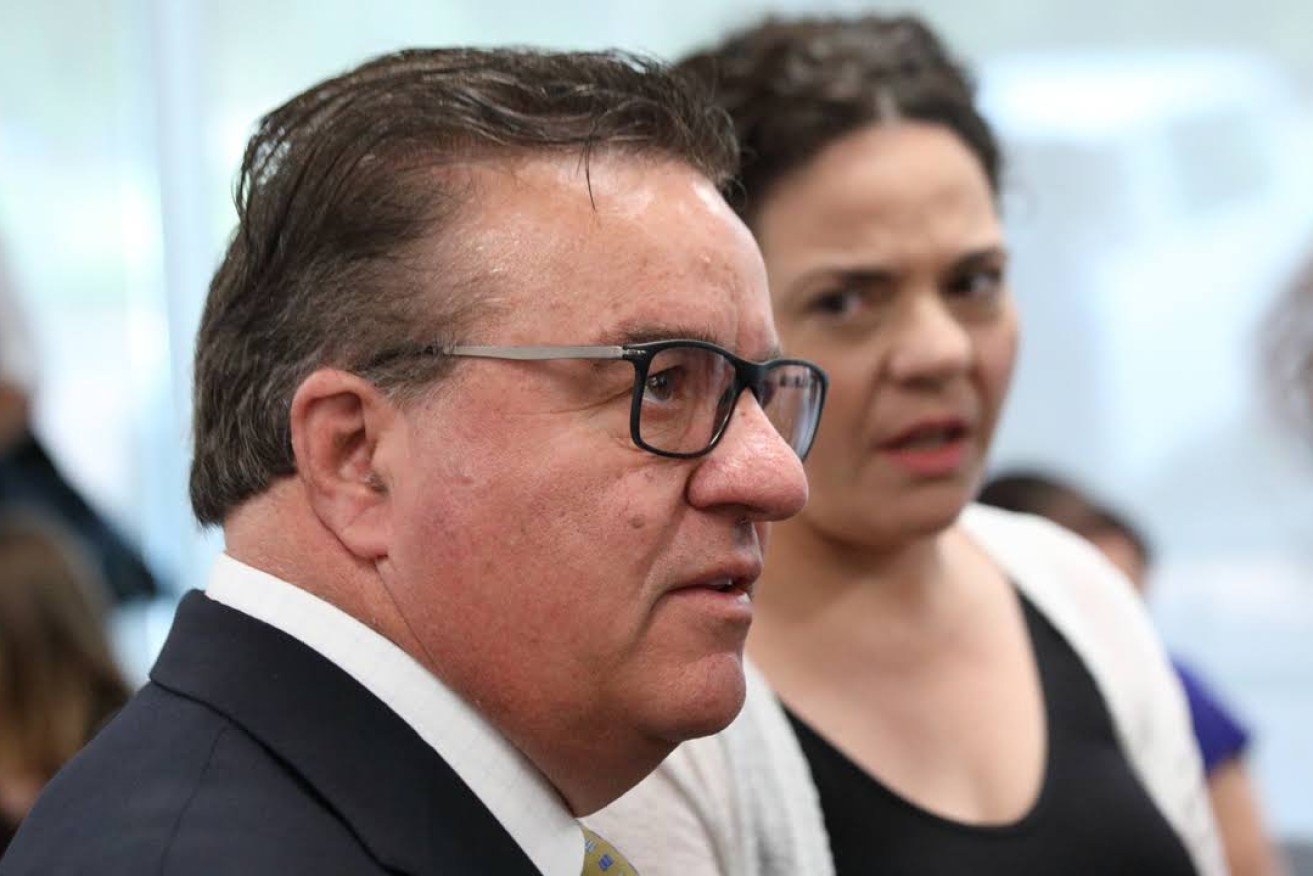New productivity commission should judge rate-capping: Pangallo
Frank Pangallo says the State Government’s proposed state productivity commission should assess its plans for council rate-capping.


New MLC Frank Pangallo. Photo: Tony Lewis/InDaily
The SA Best MLC has so-far opposed the policy but said he would “look closely” at recommendations from a productivity commission assessment.
“If the Government is serious about introducing rate-capping legislation, and believes it is in the best interest of the state and ratepayers … it should have no fears in having the productivity commission investigate,” Pangallo said.
“With robust, passionate debate on both sides of the argument, it makes sense for an independent umpire like the SA Productivity Commission to investigate – including how rate-capping its working interstate – and then report its findings.”
However, Pangallo said this afternoon that his opposition to rate-capping had been re-inforced by hearing the “compelling horror stories” told by interstate councils at today’s special general meeting of the Local Government Association.
SA Best’s votes could be crucial to the legislation’s passage, with Labor’s position not yet settled – although it appears to be leaning against rate capping – and the Greens opposed to it.
Labor Local Government spokesperson Tony Piccolo told InDaily that there were many concerns about how councils operate in South Australia, and that the Government’s rate capping bill doesn’t address “any of them”.
“We still haven’t made a final decision,” said Piccolo this morning.
However, he said rate capping will “punish those councils that are trying to grow the economic base”.
“The Government hasn’t convinced us what the benefit to our community (would be),” he said.
Local Government New South Wales president Linda Scott told representatives of SA’s 68 councils at the special meeting at the Adelaide Town Hall that 40 years of rate-capping in her state had produced a snowballing infrastructure maintenance backlog.
She said many of the state’s local councils suffered from an inability to renew ageing infrastructure and that state and federal government spending on “glamorous” new projects in their jurisdictions only added to the backlog.
“I’m sure this never happens in South Australia, but sometimes, when you have elections (in New South Wales), people like to come out and make promises in marginal seats,” she told the delegates.
“They also tend to be for commitments (to) new infrastructure – pools, child care centres, skate ramps – all those wonderful things where you can stand and celebrate and cut a beautiful ribbon.
“It’s not very glamorous, is it, to cut a ribbon on $6 million worth of new pipes … because the water is brown … (but) the infrastructure problems that councils have are that they need funding for maintenance.”
She added that the problem was documented by independent research.
She said a 2013 report by the New South Wales Treasury Corporation had found that revenue restrictions “severely hamper councils’ ability to fund current, let alone future levels of service”.
The NSW Independent Local Government Review Panel found, in the same year, that about a third of the state’s 128 councils struggled to keep up with their infrastructure maintenance obligations.
She added that the process for seeking rate capping exemptions in New South Wales was difficult, expensive – sometimes costing around $200,000 to produce an application – and wasteful, since the vast majority of applications succeeded.
Under the Marshall Government’s proposed rate-capping legislation, the Essential Services Commission of South Australia would determine the overall limit on council rates across SA.
Earlier in the morning ESCOSA CEO Adam Wilson told the gathering his organisation had a “bias” towards imposing a single, simple rate cap across all of the state’s councils, and establishing a system to fairly assess variation applications from individual councils.
He stressed that ESCOSA would accept variations not only based on new projects but also on the existing, long-term, structural needs of individual councils.
He said the independent regulator would be releasing an issues paper on the subject next month, and that it had yet to form a view on which index – such as the consumer price index or the local government price index – the overall rate cap should be fixed to.
InDaily contacted Local Government Minister Stephan Knoll’s office for comment.




